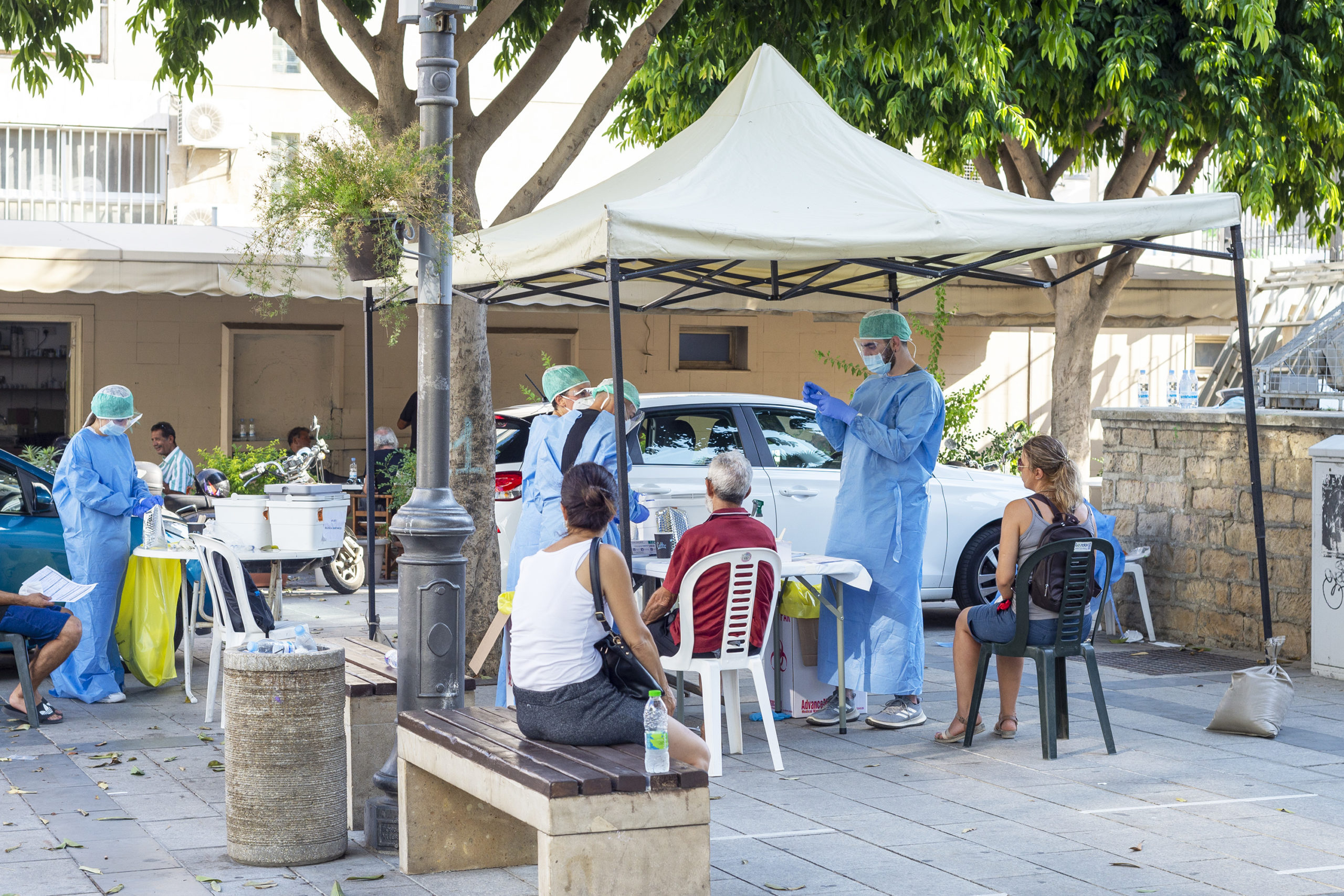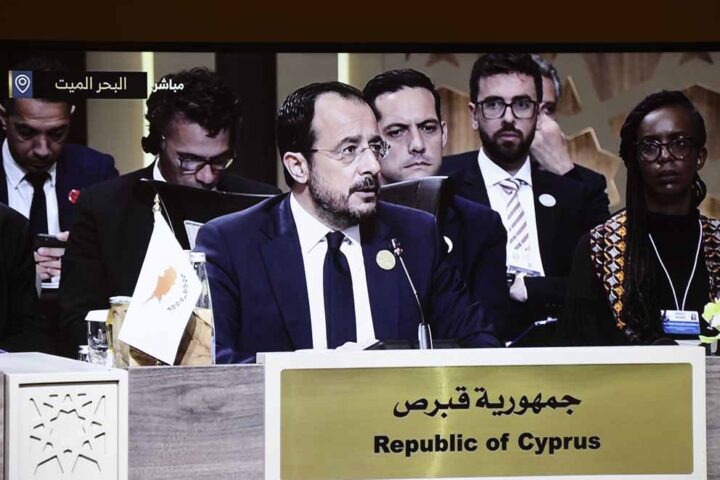There has been too much talk in recent weeks about naming names and shaming offenders who break the laws about health and safety, imposed because of the Covid-19 pandemic.
Despite starting well and the public adhering to personal safety rules, complacency seems to have kicked-in, especially after the infection numbers dropped to single-digit levels and were near zero for a while.
With the resurgence of fake news and ‘online doctors’ arguing the merits of wearing a facial mask, this became part of a greater conspiracy with the state hell-bent on watching our every move, even chipping us to monitor what we say and do.
Members of the public are embarrassed to keep their mask on, many sitting in crowded cafés, breathing into each other’s face.
Waiters have their mask hanging off their chin, very often without gloves and a thumb protruding on the plate that is about to be served.
There is a €300 fine imposed on individuals who do not respect these rules, with businesses facing a heftier penalty 10 times that amount, and the law implemented not too often.
Why, then, if national health is also a matter of national security, can we not name and shame those arrogant few who think that by bending the rules, “nothing will happen”?
It makes one wonder what logic lies behind the decision of the Cyprus Chamber of Commerce and Industry to issue a warning to the media calling for the naming of COVID-infected establishments to be ‘avoided’.
Is KEVE the new media czar that wants to curb freedom of the press while incapable of doing anything that will upset the hundreds of naysayers and health risk deniers on social media?
A similar unfortunate statement came from the Justice Ministry, that has appeared weak in taking a firm decision on how to deal with the irresponsible woman who is known to have infected at least two dozen people with the coronavirus, knowing she was positive, yet going ahead with organising parties for large crowds, creating a chain and cluster.
The ministry said it was waiting for a report from the health services to decide if there is a case to be prosecuted, in other words, passing the buck for political blame onto others.
In the public eye, the ministry has dragged its feet and failed to calm concerns that well-do individuals with financial or political clout can get away with anything, even the criminal act of knowingly infecting others with a deadly virus.
Instead, it could have acted promptly from the moment that the case became known, and at least seem to be harsh in its use of words.
There is a fine line between freedom of speech, freedom of expression and press freedoms, and these freedoms could go both ways.
If someone neglects to deal with issues related to national health, therefore national security, then it is up to the media to raise these issues, sometimes even helping the authorities by revealing some truths.
By letting this woman get away with it, while jailing a young man for violating the first day of lockdown curfew to see his fiancée, simply fuels the argument that it is who you know in Cyprus that is important, and not what you do or say.










